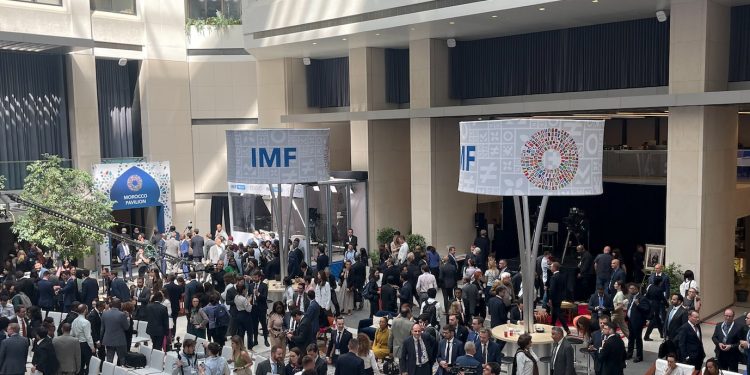The International Monetary Fund (IMF) has raised alarm over the continued high levels of poverty and food insecurity in Nigeria, despite recent economic reforms initiated by the Federal Government since 2023.
This concern was expressed in a statement released on Friday at the end of the IMF’s Article IV consultation mission to Nigeria, which took place from April 2 to April 15, 2025. The mission, led by Axel Schimmelpfennig, held discussions with top Nigerian government officials and economic stakeholders, including the Finance Minister and Coordinating Minister of the Economy, the Central Bank Governor, the Minister of Agriculture and Food Security, as well as representatives from civil society, academia, and the private sector.
The IMF acknowledged that Nigeria had made “important steps” toward stabilizing its economy through measures such as ending central bank financing of fiscal deficits, removing fuel subsidies, and improving foreign exchange market operations. However, it noted that these reforms had yet to translate into tangible benefits for the wider population. According to the mission’s statement, “Gains have yet to benefit all Nigerians as poverty and food insecurity remain high.”
The Nigerian authorities reportedly indicated plans to implement the 2025 budget in a manner responsive to falling international oil prices. The IMF said the government intends to adopt a neutral fiscal stance in alignment with tighter monetary policy aimed at curbing inflation.
The Fund stressed that the fiscal savings from fuel subsidy removal should be used to protect critical developmental spending and to accelerate direct support for vulnerable citizens. “In particular, adjustments should protect critical, growth-enhancing investment, while accelerating and broadening the delivery of cash transfers under the World Bank-supported programme,” it advised.
The IMF also commended the Central Bank of Nigeria (CBN) for its data-driven approach to monetary policy, which it described as effective in navigating inflation and macroeconomic instability. It urged the CBN to further strengthen investor confidence by publicly outlining a disinflation path. “Announcing a disinflation path to serve as an intermediate target can help anchor inflation expectations,” the Fund noted.
Despite these policy steps, the IMF cautioned that Nigeria’s economic outlook remains fragile. It identified elevated global risks and declining oil revenues as critical threats to the country’s fiscal and external stability. The Fund recommended that the Federal Government deepen structural reforms and create an enabling environment for private sector-led growth to ensure broader economic inclusion.
This latest Article IV consultation forms part of the IMF’s regular assessments of its member states. The mission’s findings will be compiled into a report and presented to the IMF Executive Board, pending management approval.










